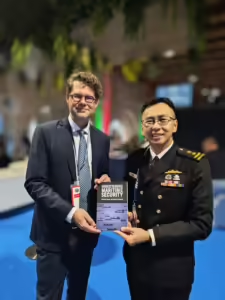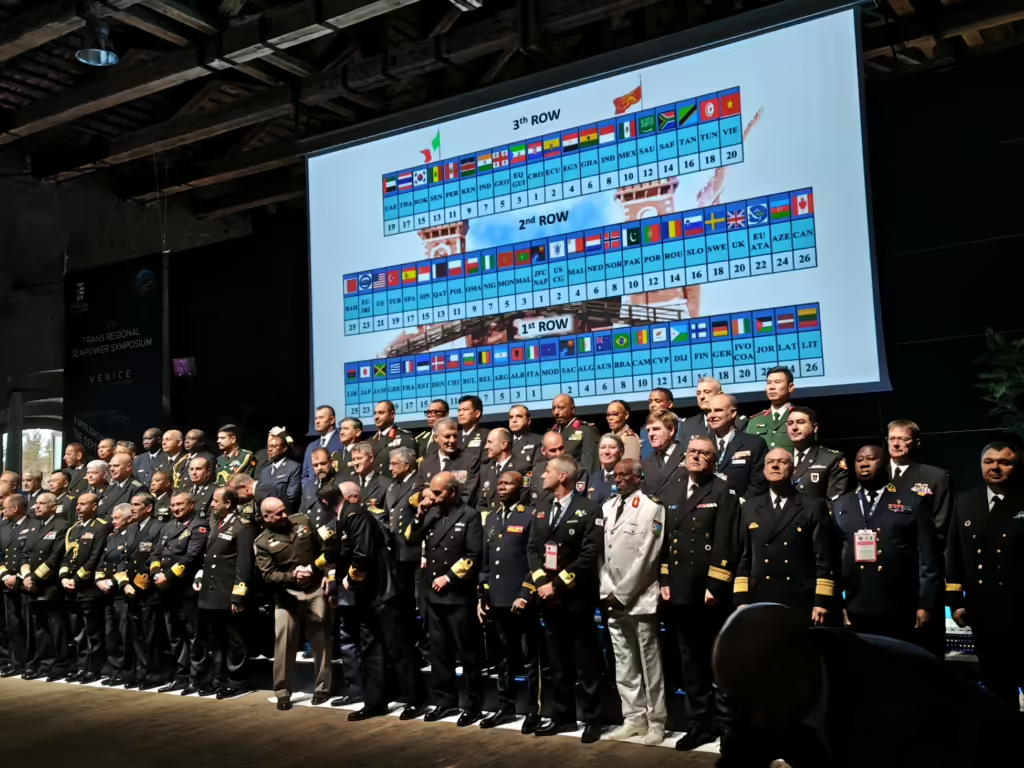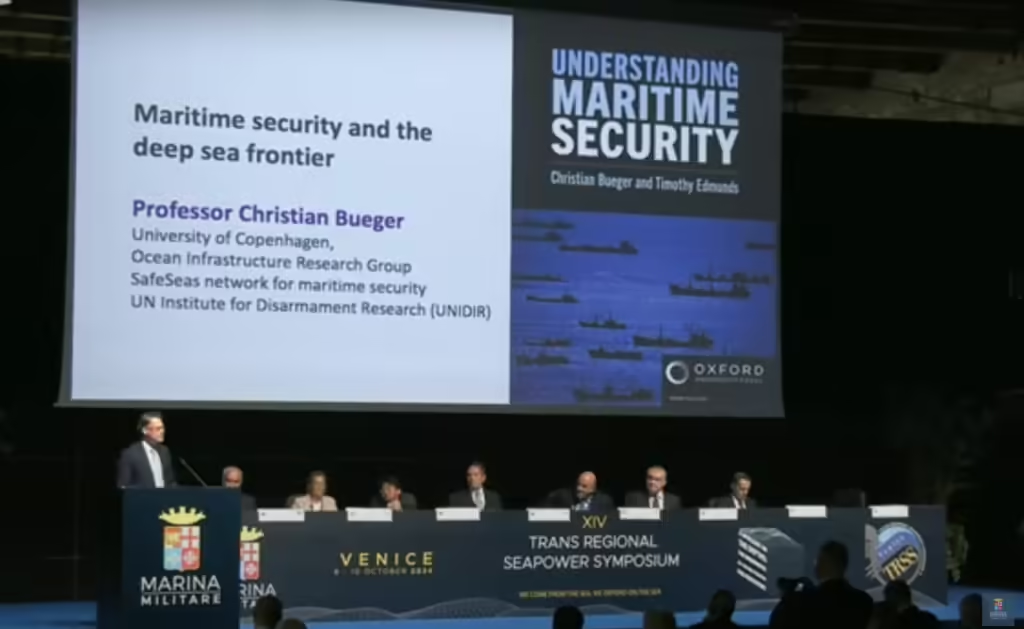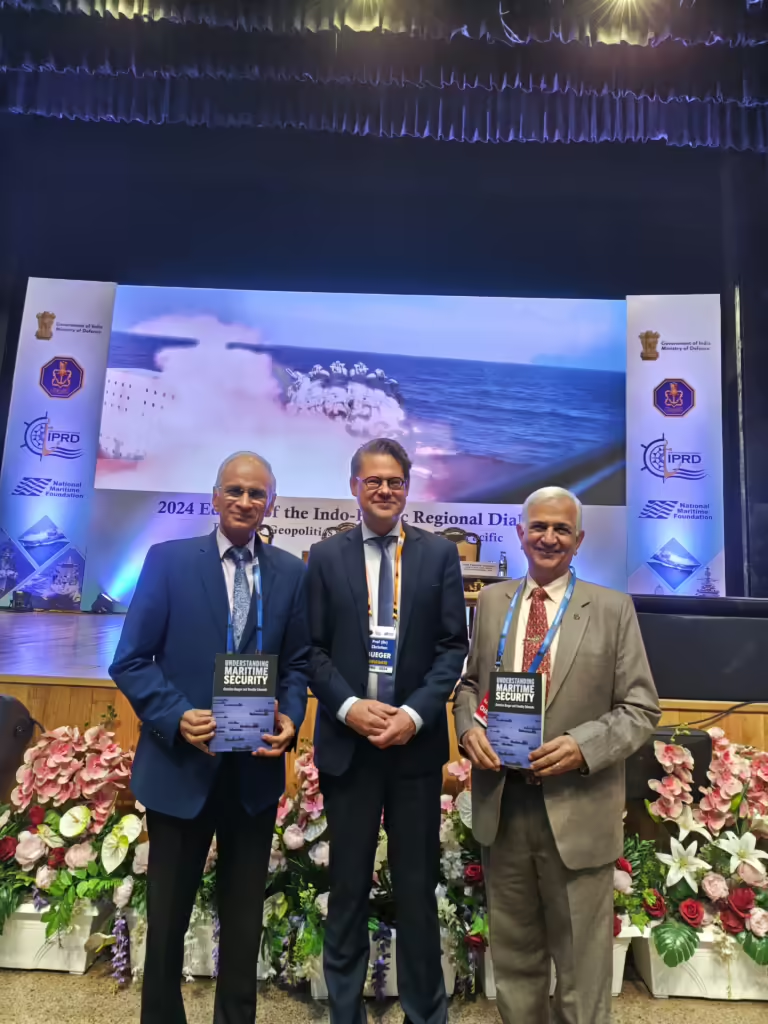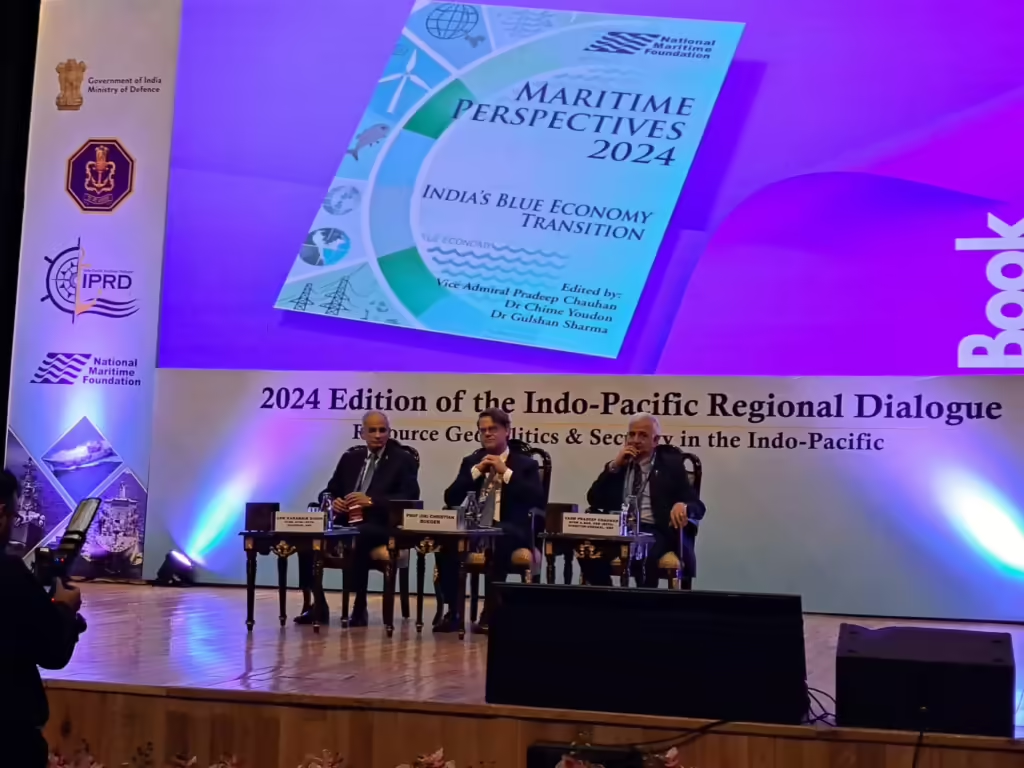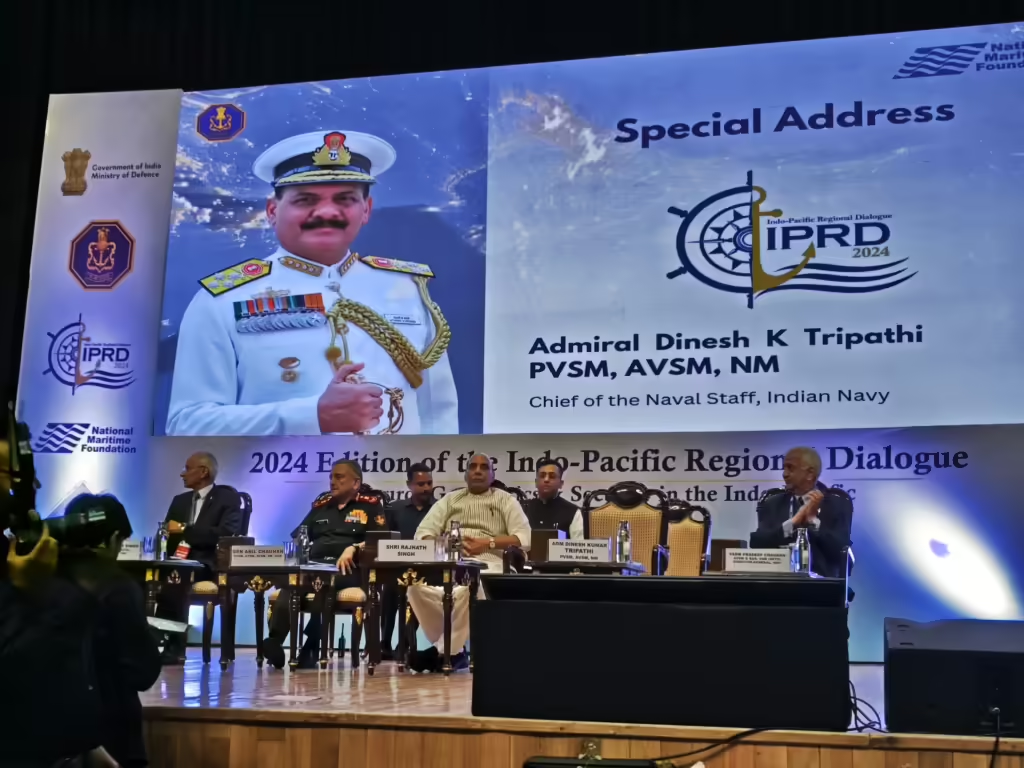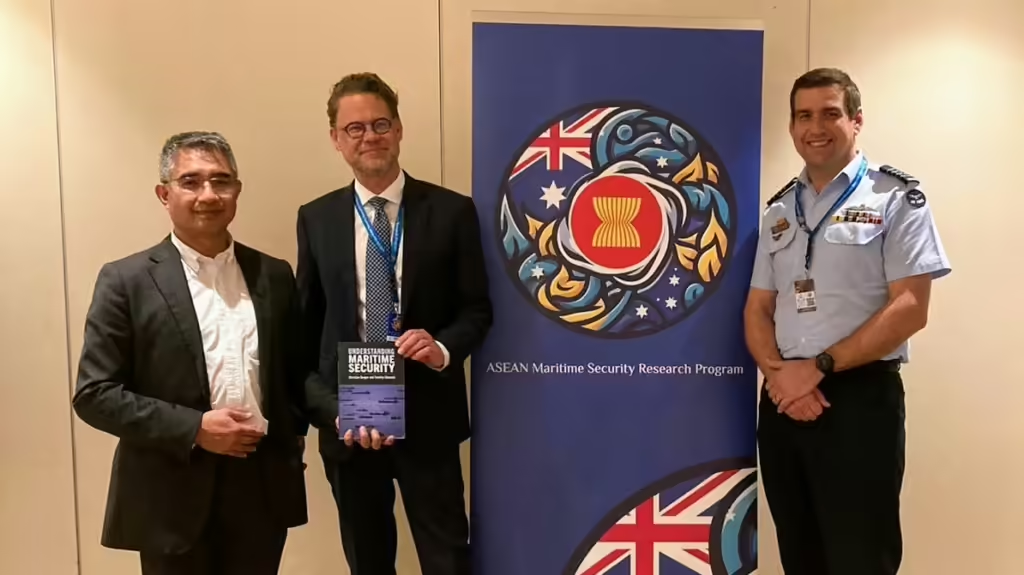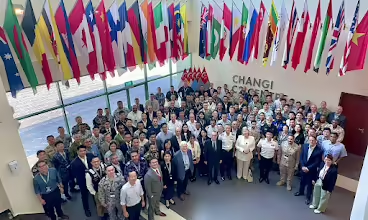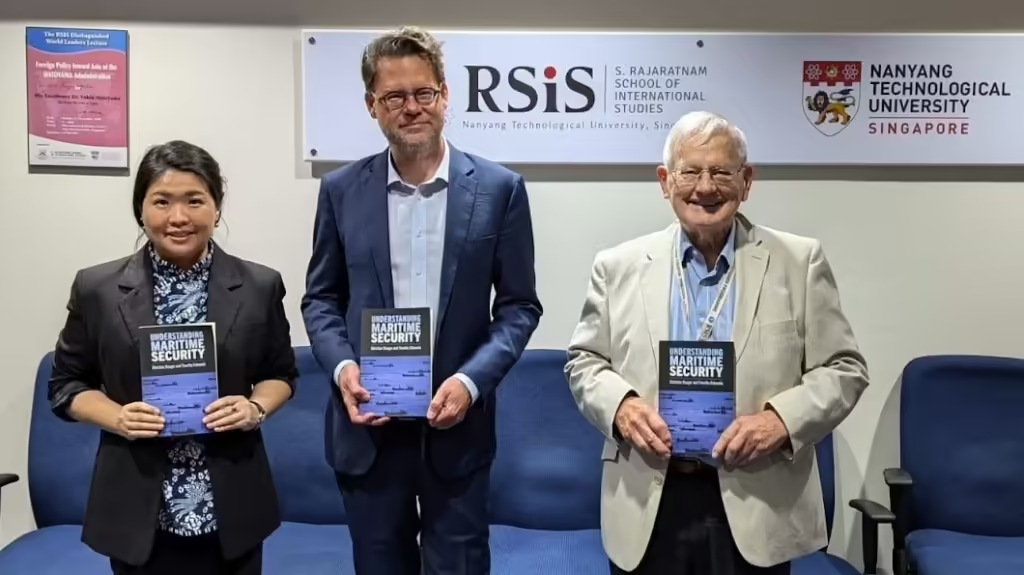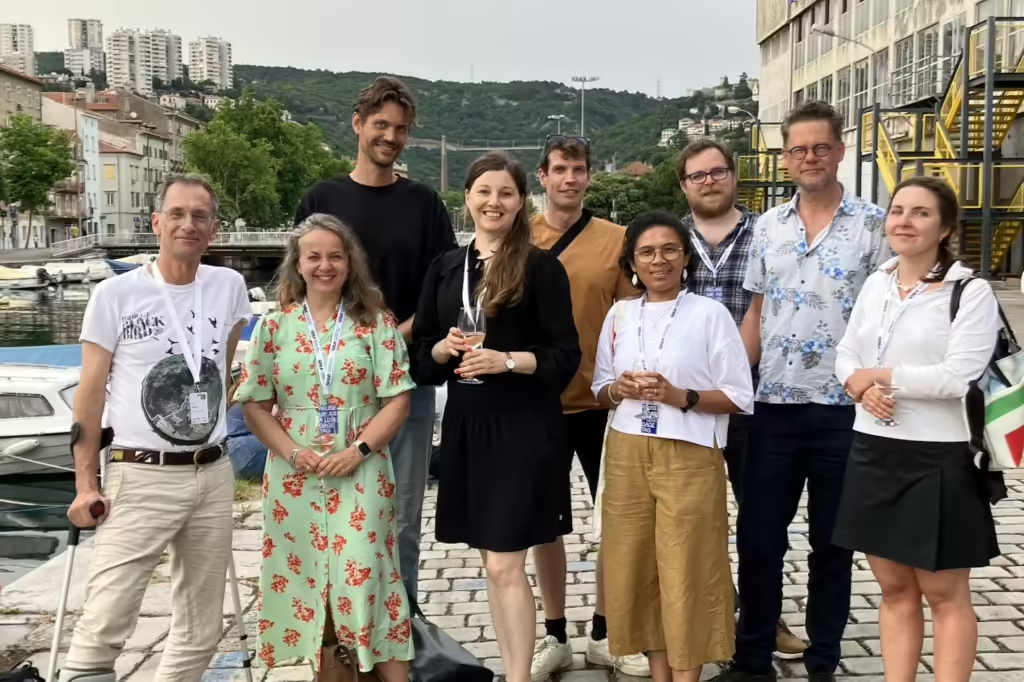📢 Exciting News: Upcoming Talks on Maritime Security and Book Launch! 📚🌊
I’m thrilled to announce a series of talks I’ll be giving on maritime security as part of the launch of our new book, “Understanding Maritime Security.” Here’s where you can catch me in the coming weeks:
🇺🇸 28.10. – The Future of Maritime Security, book presentation, U.S. Naval War College, Newport
🇺🇸 29.10. – ‘Shadow Fleets and Critical Infrastructure: Maritime Security in the Baltic and North Sea’, Maritime Security Regime Roundtable, NATO Center of Excellence Combined Joined Operations from the Sea, Norfolk
🇵🇹 31.10. – The Environment on the Collective Maritime Security Agenda: Fighting Fishery Crime, VI Atlantic Centre Seminar, on “Illegal, Unreported and Unregulated Fishing (IUU Fishing) in the wide Atlantic”, Atlantic Center, Portuguese Navy, Lisbon.
🇵🇹 31.10. – Understanding Maritime Security, book presentation, University of Lisbon and online.
🇩🇪 6.11. – Understanding Maritime Security, book presentation, University of Hamburg.
🇨🇭 8.11. – ‘Securing the Seas: A Comprehensive Assessment of Global Maritime Security, report launch, UNIDIR, Geneva and online, register here.
🇬🇧 22.11. – The Future of Maritime Security, Book Launch and Roundtable, RUSI, London.
🇲🇺 26.11. – Pirates, Smugglers and Oil Spills: Maritime Security in the Western Indian Ocean, book launch and roundtable, Charles Telfair Center, Mauritius. register here.
Join me as we explore critical issues in maritime security, from shadow fleets and critical infrastructure to environmental challenges and the future of our oceans.
If you’re interested in maritime affairs, international relations, or environmental issues, I’d love to see you at one of these events. Let’s connect and discuss the future of our seas!
